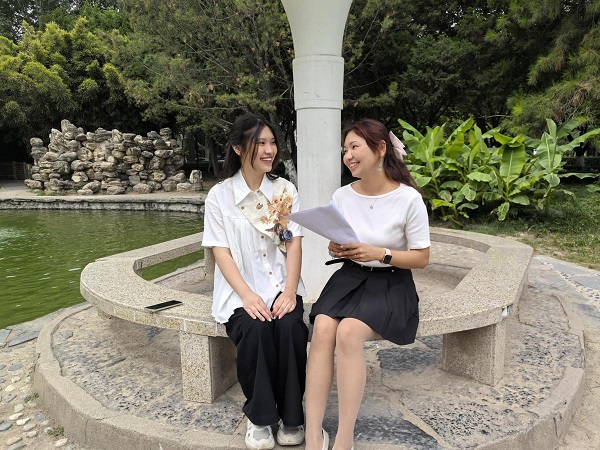XJTU and RWTH Aachen co-organized a Sino-German Bilateral Symposium
The 1st Sino-German Symposium on Electronic and Memory Materials has been held in Aachen, Germany from Nov 1-5, 2015. The official website is http://sgmat.yconf.org/. The symposium was fully sponsored by Chinesisch-Deutsches Zentrum fr Wissenschaftsfrderung, and was organized by Prof. Matthias Wuttig from Physics Department, RWTH Aachen and Prof. Wei Zhang from School of Materials Science and Engineering, Xi’an Jiaotong University. The symposium received essential support from Prof. Joachim Mayer (RWTH Aachen), Prof. Chun-Lin Jia (Forschungszentrum Jlich, “1000 Plan” Scholar at Xi’an Jiatong University), Prof. Zhi-Wei Shan and Prof. Hong Wang (both from Xi’an Jiaotong University). 19 scientists from Germany and 14 scientists from China have participated in the symposium and delivered excellent presentations. All the speakers are leading experts in the field of electronic and memory materials, who come from 15 renowned German and Chinese universities and research institutes, including RWTH Aachen, Forschungszentrum Jlich, University of Gttingen, University of Hamburg, University of Duisburg-Essen, Paul-Drude-Institute for Solid State Electronics (Berlin), Leibniz Institute for Solid state and Materials Research (Dresden), Xi’an Jiaotong University, Tsinghua University, Beihang University, Nanjing University, Huazhong University of Science and Technology, Jilin University, Institute of Physics (Chinese Academy of Sciences) and Shanghai Institute of Microsystem and Information Technology (Chinese Academy of Sciences). The Vice Director of Chinesisch-Deutsches Zentrum, Prof. Miaogen Zhao also attended the symposium and gave an informative presentation on the structure and missions of the Chinesisch-Deutsches Zentrum. In addition, nearly 70 postdoctoral researchers and PhD students attended the symposium. The total participants are nearly 100 people.

The symposium focused on the fundamentals of phase-change materials, resistive switching oxides, spintronic materials, graphene, etc. and their applications and development on data storage, memory devices, brain-like data processing, energy transfer and so on. The discussions covered many core accepts, including experimental measurements, theoretical computations, device design and commercialization. After the symposium, most of the guests visited the laboratories of Prof. Matthias Wuttig and Prof. Rainer Waser at RWTH Aachen, Ernst Ruska-Centre (ER-C) and Helmholtz Nanoelectronic Facility (HNF) at Forschungszentrum Jlich. The lab tours provided the guests a decent opportunity to understand the facilities and strength of the German colleagues in the field of electronic and memory materials. The symposium did not only enhance the established cooperation, but also initialized some new Sino-German partnerships. All the participants agreed that this symposium was very successful and anticipate a new level of Sino-German cooperation on electronic and memory materials and hope for a follow-up Sino-German symposium.
At last, the symposium organizers greatly acknowledge the help and support provided by SFB-917 “Nanoswitches”, JARA-FIT, MatSE-RWTH Aachen, School of Materials Science and Engineering and CAMP-Nano of Xi’an Jiaotong University.

